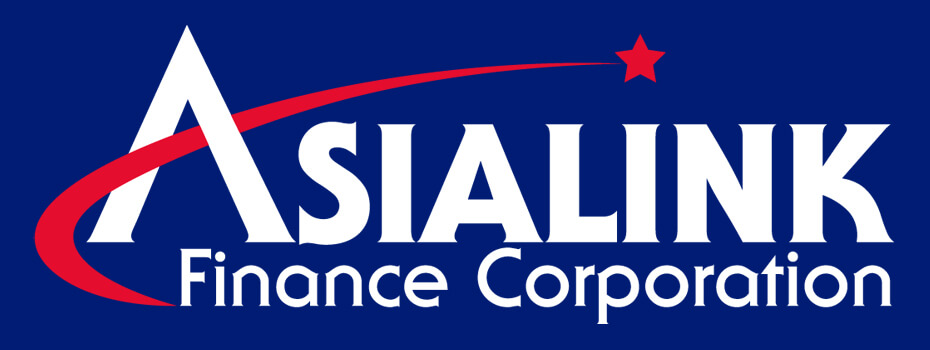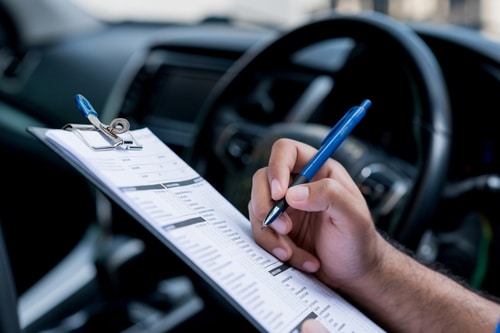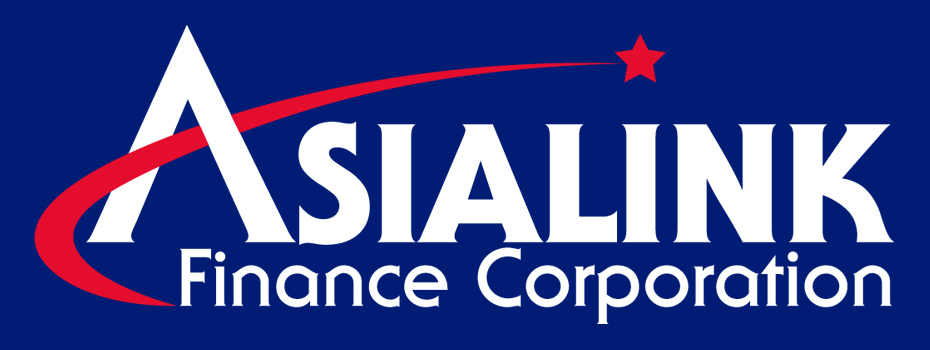Regardless of what stage in life you’re in, you’ve had a big purchase at some point. However, the older you get, the more likely these purchases are significant, such as a house or an apartment unit.
Whatever was purchased, one of the most important decision-making points is your budget. Managing your budget for a big purchase, such as a car, is a huge financial step for anyone. It can determine your options, such as the brand and model of the vehicle.
In the context of the Philippines, where vehicles are a necessity to get around, the automotive industry gains significant profits due to its utility in transport. Being an owner of a car or passenger vehicle, new or otherwise, provides a level of convenience public transportation may not offer.
As such, individuals aspiring to own a car must be informed about the basics, the model fit for them, and the financial responsibilities and car expenses purchasing a vehicle entails.
Car-Buying Basics: What You Should Know Beforehand
Before deciding to buy a car, you would typically have a desired make and model of vehicle. These considerations will help you make an informed decision.
1. Vehicle type
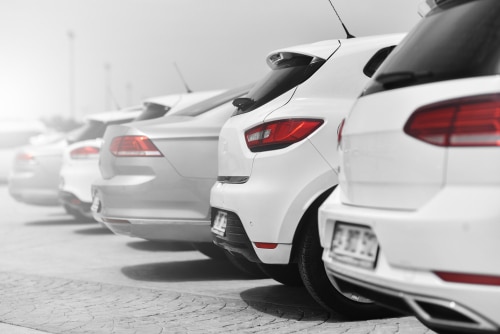
Do you want a small car model such as a sedan, crossover, or convertible? Or would you prefer SUVs, multi-purpose vehicles (MPV), or hatchbacks?
The vehicle type and size should fit your lifestyle and fulfill your needs. For instance, buying a bigger car with a larger seating capacity can be a long-term investment for someone with a big family, while someone currently single can find a better deal with a smaller and compact car.
2. Budget
Once you’ve settled on the vehicle type that aligns with your current situation, the next thing to consider is your budget. A car purchase entails having a steady source of income, usually from your career or business.
Having a car that best suits your lifestyle may seem ideal. However, this shouldn’t be at the cost of going into debt since you can’t afford the vehicle’s price. It’s best to assess your financial capability and create a compromise with a model that still caters to your needs at an affordable price.
3. Brand-New vs. 2nd-Hand Car
More dealers now offer future car owners the chance to purchase brand-new or used vehicles, creating more room for adjustments. The choice, ultimately, still relies on the buyer and heavily hinges on their proposed budget and current situation.
Car developers and manufacturers frequently put the latest vehicular technology and safety protocol equipment in their newer models. Brand-new cars can also have better fuel efficiency, which plays a big role if you’ve considered how many miles you plan to squeeze in with a full gas tank. A brand-new car is optimal if the buyer can shoulder the price tag and cover the necessary paperwork and fees.
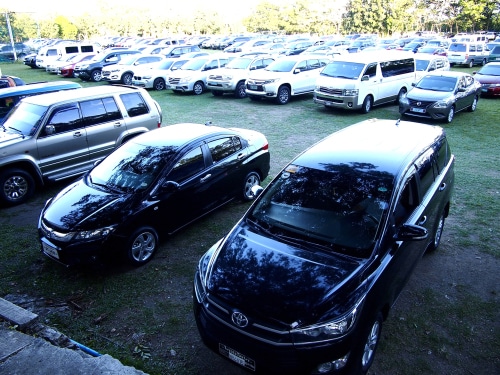
Alternatively, used or 2nd hand cars in the Philippines offer similar utilities in their most basic form but at lower prices. These cars are diverse, with some models only slightly used and others having outdated parts and technology.
Despite older models lacking newer technology, they aren’t without benefits. Since they’re sold at lower price points, 2nd hand cars are frequently cheaper to insure compared to car dealerships that require full coverage for new vehicles. Depending on the car’s age and overall quality, lucky buyers can still end up with a good deal.
4. Financing options
Many institutions in the Philippines provide auto loans to help make paying more convenient and manageable.
When applying for auto loans, one of the biggest factors agencies will consider is your salary or flow of income. They perform background checks based on your provided documents, such as proof of income, credit and banking history, and vehicle information.
Loaning companies such as Asialink can offer auto loans with low-interest rates, flexible payment options through different establishments and platforms, and a wide pool of acceptable car builds.
Asialink also offers used car loans at similarly low-interest rates and multiple payment options, with a reliable and responsive team that guides you at every step.
5. Technical specifications
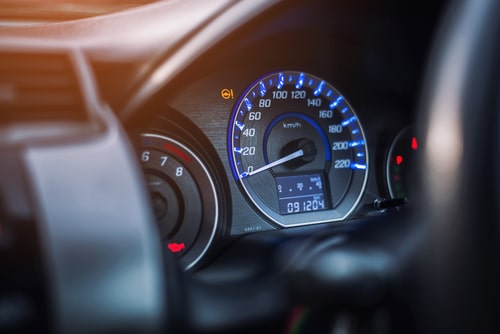
It’s inevitable to want the latest and greatest piece of automotive technology, which comes in droves every time a new car model is released.
One of the things to consider when purchasing a vehicle, new or otherwise, is its fuel efficiency. This particularly applies in current times when gas prices are becoming increasingly expensive. Apart from the age and size of the car, buyers need to research the various models offered in the market and compare each one’s mileage capacity for the best investment for their budget.
6. Complete documents
Before purchasing and sealing the deal, having the necessary paperwork on hand can greatly speed up the process of handing over the vehicle and loan applications. One of the biggest reliability metrics is the buyer’s income, so you may be asked to present documents like government-issued IDs, pay slips, certificates of employment, and tax return statements to the necessary personnel.
What to Consider When Car Budgeting

Once the research and basic preparations are done, it’s time to consider setting your budget for car expenses and how to segment them depending on the situation.
1. Initial purchase expense
When buyers are about to buy their car, they can opt to pay in cash or through financing. Although heavy on your pocket, paying with cash upfront ensures you aren’t tied to any rise in interest rates compared to having to pay for several months or years.
Choosing to pay through loans or financing is a good alternative for those who don’t want to pay the entire amount in one visit. Going for this instead of paying in full can also pose various challenges in the future.
You must first pay for the down payment, which is at least 20% in the Philippines. This arrangement is also more susceptible to the constant changes in interest rates, especially if you pay over a few years instead of months. Make sure to check with the loan company to avoid any surprises.
2. Registration
In addition to now being an owner of a car, buyers must also have it registered. The registration process is handled differently depending on whether the vehicle purchased is new or used.
For brand new vehicles, registration is done by the dealers who sold you the model and is usually included as a bonus to the signed deal. In contrast, used cars may require the buyer to do the paperwork themselves, including the transfer of ownership.
3. Fuel costs
Fuel and oil prices heavily depend on the world market. Especially with the COVID-19 pandemic taking place in recent years, prices continuously fluctuate and change. It’s also important to note that your fuel costs depend on how much you drive. Expect to pay more if you typically cover large distances regularly.
4. Maintenance and repairs
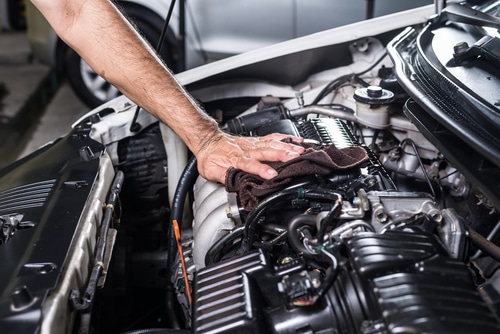
Depending on your vehicle’s age and how often you use it, it will experience a decline in quality throughout its lifetime. This will require maintenance and repair.
Brand-new cars, however, can be subjected to a warranty. In a country with high-density traffic and vehicular population, damage to your car seems unavoidable unless the driver is extremely careful. Even then, the vehicle will face internal wear and tear within a few years.
5. Parking space
While driving to places adds to your sense of freedom, constantly worrying about parking is a different level of stress altogether.
Rented parking spaces in Metro Manila usually cost around ₱4,500 to ₱9,000. That is, however, a baseline, and does change depending on the competitiveness of the local currency, meaning prices can go higher or lower in the future.
7 Essential Car-Buying Tips
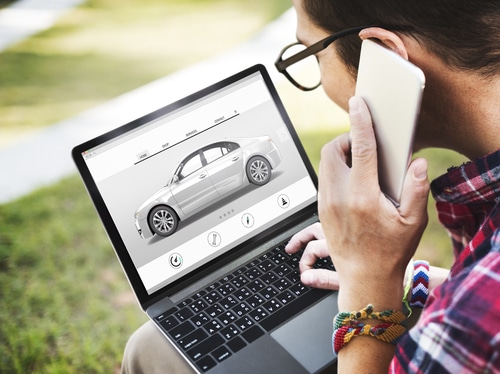
When you’ve done your research and have set your budget, consider these car-buying strategies and best practices for a smoother decision-making process.
1. Make sure it has the right features
Buying a car becomes somewhat tedious if it doesn’t have the needed features. If you expect to use the vehicle a lot to get to and from your home, comfort and fuel efficiency should be priorities when purchasing.
2. Have your finances in order
While you can always pay upfront with cash to avoid paying more through installments, various financing institutions like Asialink Finance are available to offer help in paying for your car.
By building good credit and proving your financial capacity, most institutions can approve your car loan application swiftly. Make sure to review the interest rates, down payment, and the number of months it’ll take for the car to be fully paid off to get the best loan terms for your situation.
3. Take it for a test drive
Never underestimate the initial time you have with your new purchase. Whether the vehicle is new or used, test drives are a way buyers can evaluate the vehicles. It’s also the stage where you can see how the car feels and suits your driving style.
4. Prepare and complete the necessary paperwork
Having your paperwork ready to go makes the buying process much easier for both buyer and seller. Generally, these documents include verification of the buyer’s identity and financial capacity and proof of employment and diligence when paying taxes.
5. Consider your timing
It’s common for dealerships and car companies to have a form of clearance during the latter months of the year to make room for incoming stock and new models. At this point, future buyers can expect a wider pool of vehicle models to go on sale or have a discount.
6. Don’t fall for add-ons
Buying a car will already cost you a lot of money. Dealerships are likely to try to talk you into purchasing add-ons for your preferred model, but not all of these will be necessary. Part of your research involves learning which add-ons would be beneficial to you and which ones wouldn’t be worth the additional cost.
7. Have someone come with you
Having someone accompany you to the dealership or the person handing over ownership of their vehicle can give you a second opinion and help prevent unnecessary or additional transactions.

Fasten Your Seatbelts
Purchasing a car is a big step in anyone’s life. Much work, research, and preparation go into the process leading up to the purchase. This includes researching the payment options available.
Though some buyers can readily pay without needing a bank or other financial institutions, many also take advantage of online transactions
Considered to be one of the leading finance companies in the country, Asialink Finance offers a wide array of loan services that are easy, convenient, and accessible to anyone. Apply now to start your automotive journey today!
